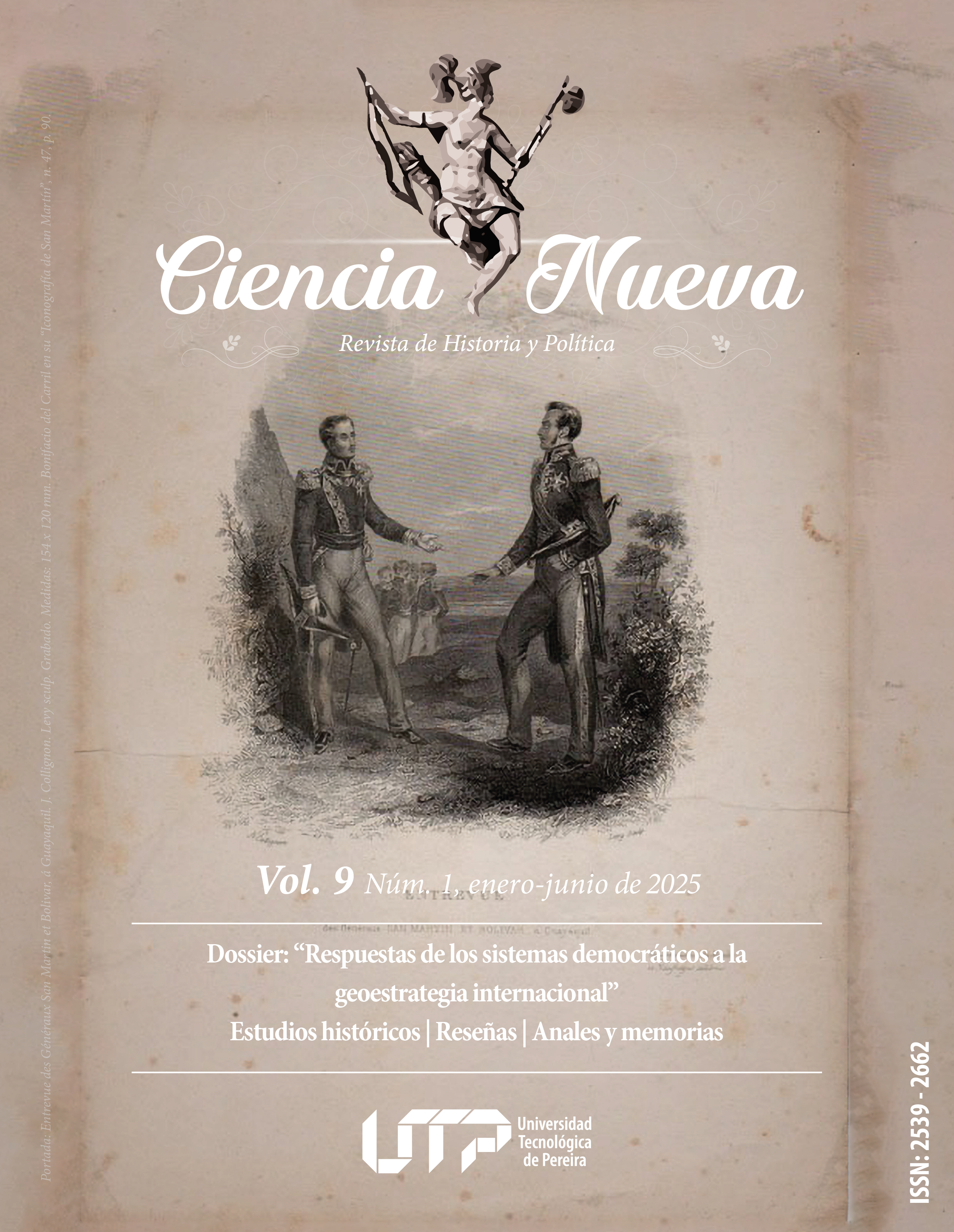Vargas, Sebastián. Mutations of Stone: Thinking the Monument from Colombia. Bogotá: Editorial Universidad del Rosario, 2023
DOI:
https://doi.org/10.22517/25392662.25763Abstract
Actions against monuments in cities in the United States, Europe and Latin America, seems to be a common and distinctive feature of the forms of protest in recent history. In countries such as Chile and Colombia, for example, during 2019 and 2021 about seventy and twenty-one monuments were intervened, respectively, many of which were destroyed. In most cases, the actions were guided by a feeling of rejection of the representations of the past associated with the monument, supported by values that are rightly considered excluding and justifying acts of violence such as colonialism and racism.
In addition to positioning in the public debate -as a direct effect- the role of monuments in contemporary society, the iconoclastic current burst in with an overflowing academic interest (expressed in publications of different formats: books, articles, university theses), aimed at investigating the functions and meanings of monuments in public life, as well as the reasons that would explain the citizen unease towards these symbols. It is precisely in this context that the text that is the object of this review is inscribed. Its author, Sebastián Vargas Álvarez, is a historian who has devoted his attention to the study of the symbolic forms (anthems, museum exhibits, images) adopted by institutions such as the State in order to strengthen national identity narratives. On this occasion, Vargas Álvarez presents the results of an investigation that deals with monuments, conceived as fundamental pieces in the constitution of the Colombian national memory during the last two centuries.
Downloads
Downloads
-
Vistas(Views): 301
- PDF (Español (España)) Descargas(Downloads): 98
Published
How to Cite
Issue
Section
License
Copyright (c) 2025 Jose Abelardo Diaz Jaramillo

This work is licensed under a Creative Commons Attribution-NonCommercial-NoDerivatives 4.0 International License.
For all articles published in Ciencia Nueva, revista de Historia y Política, the ownership of the exploitation rights of the contents of the journal belongs to the author(s).
The works of this magazine are under the Creative Commons Recognition-NonCommercial-DerivativeLicense:




